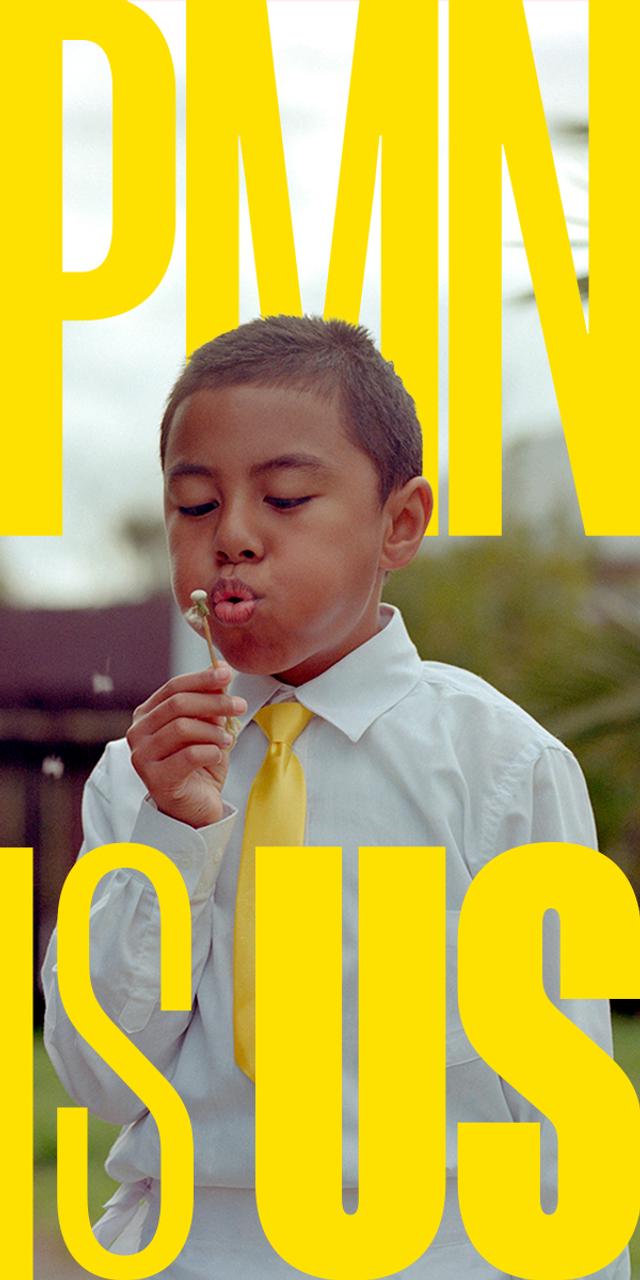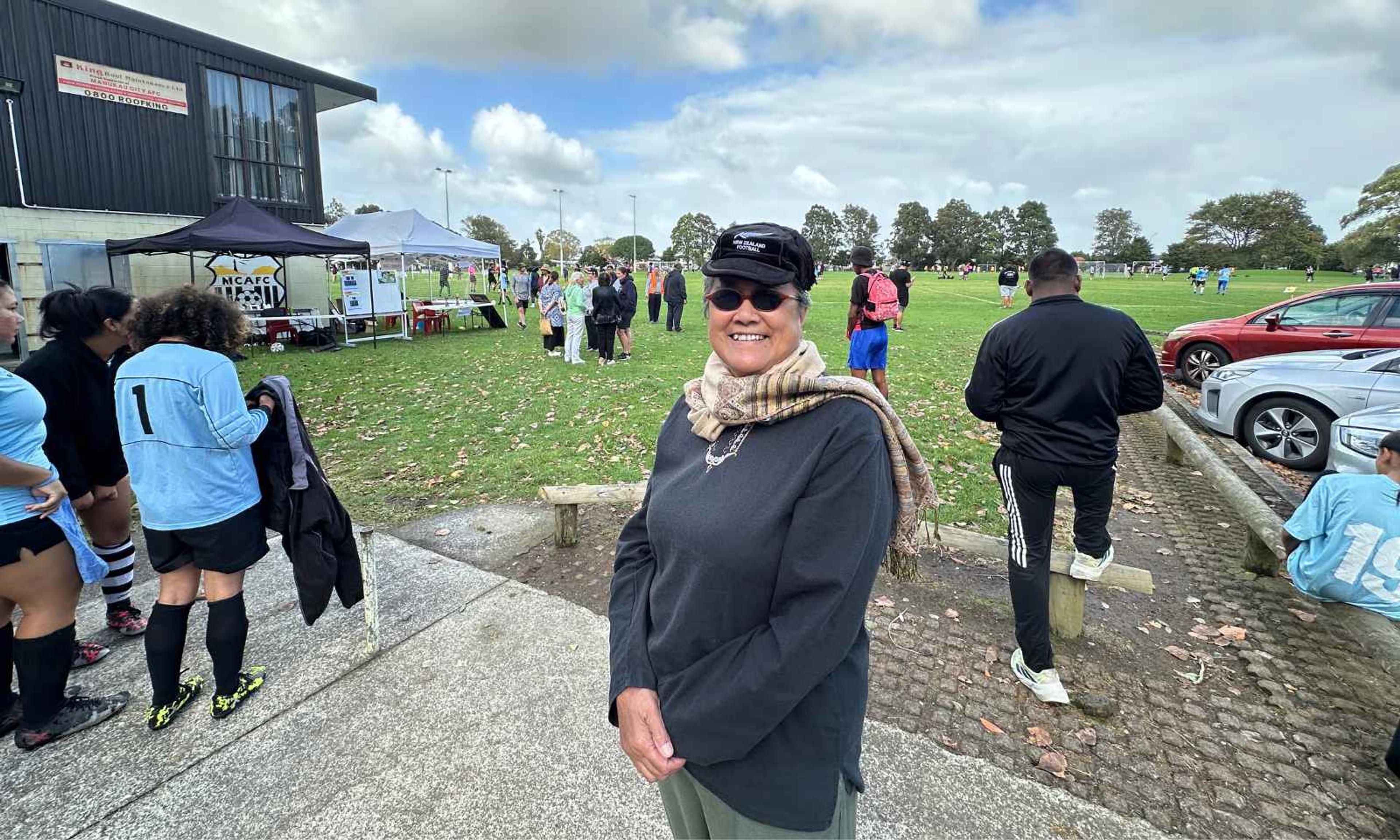
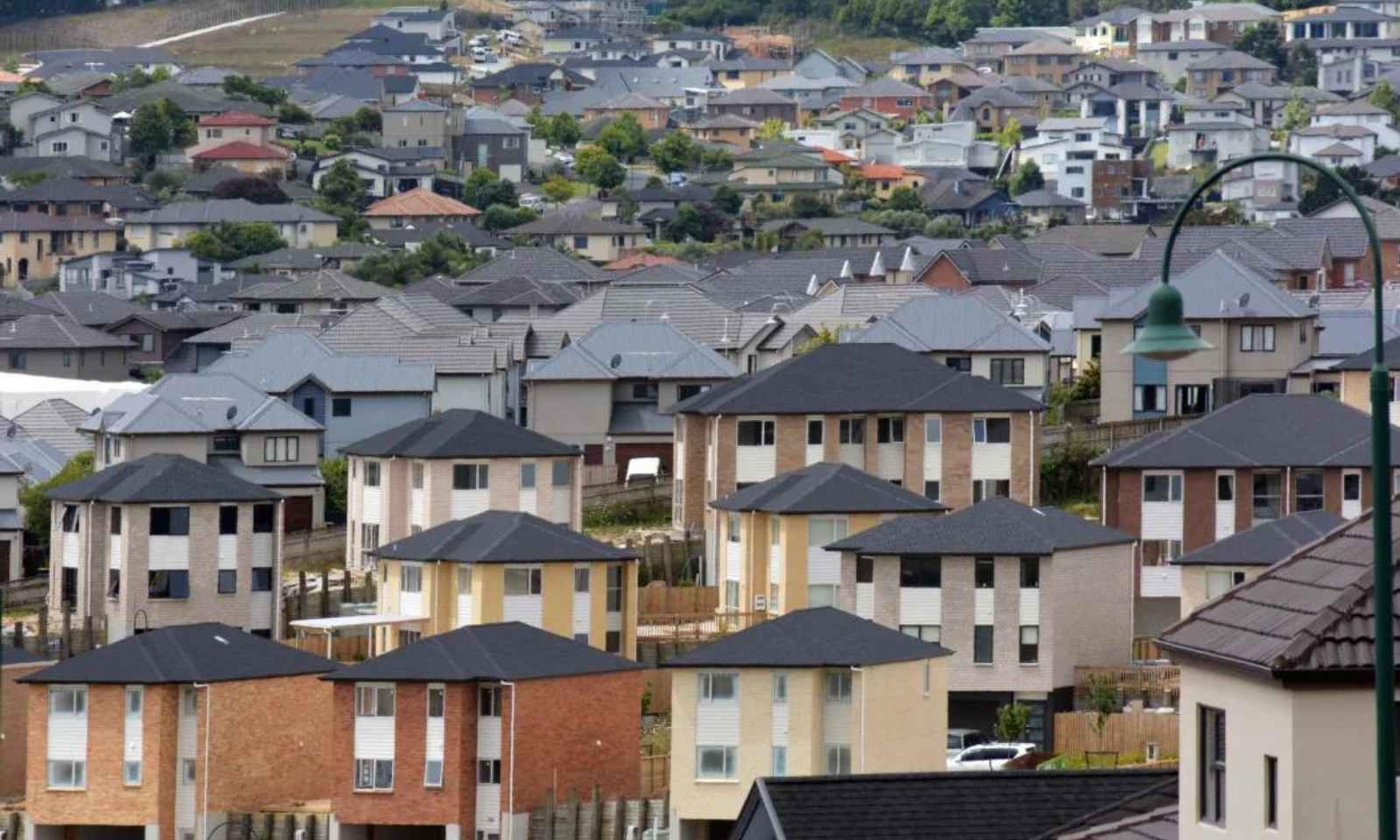
Photo/ Supplied
‘Back to basics’: Pacific people urged to prioritise saving to get on housing ladder
A home ownership expert shares tips on how Pasifika could overcome New Zealand’s economic woes.

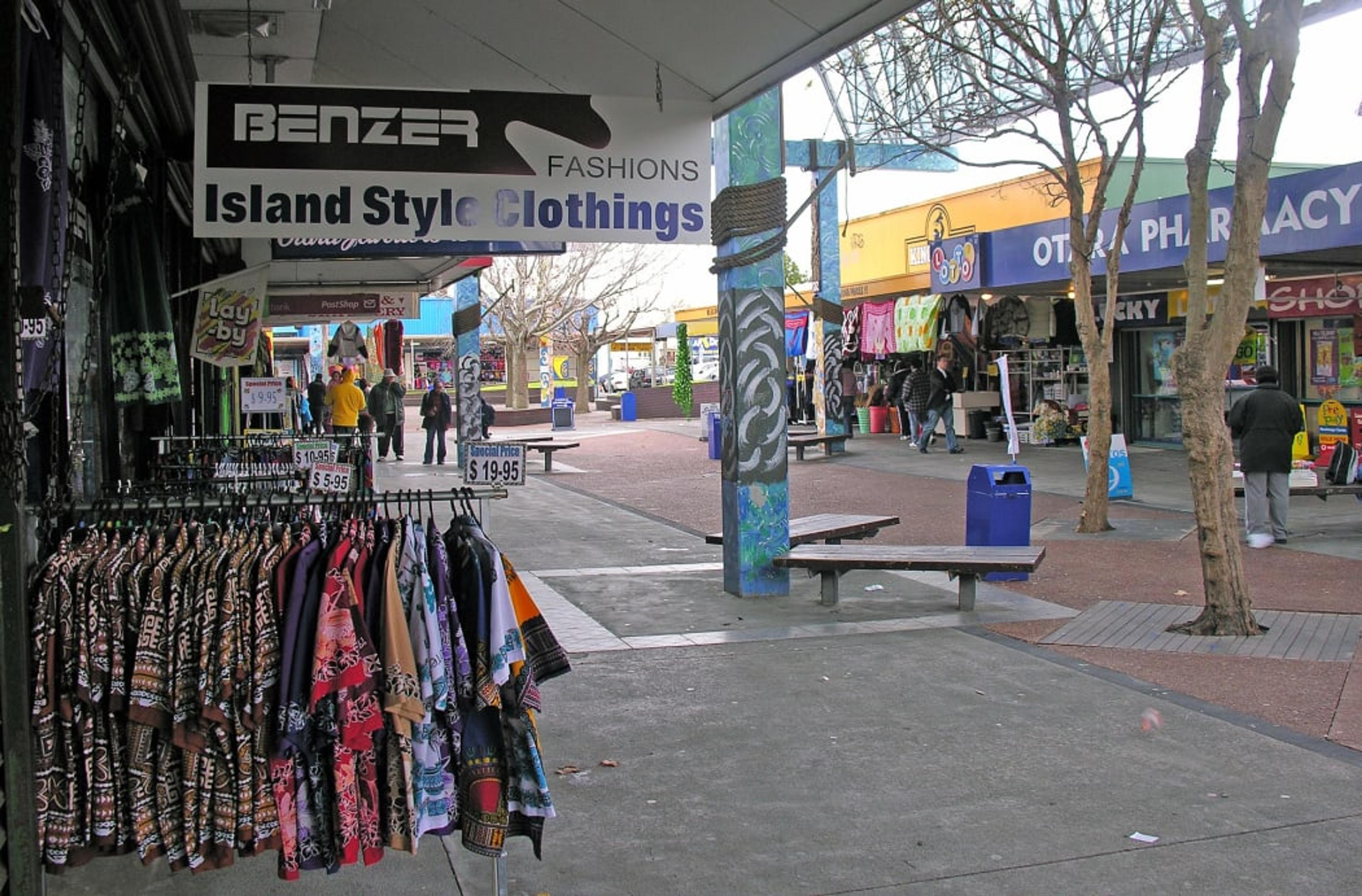
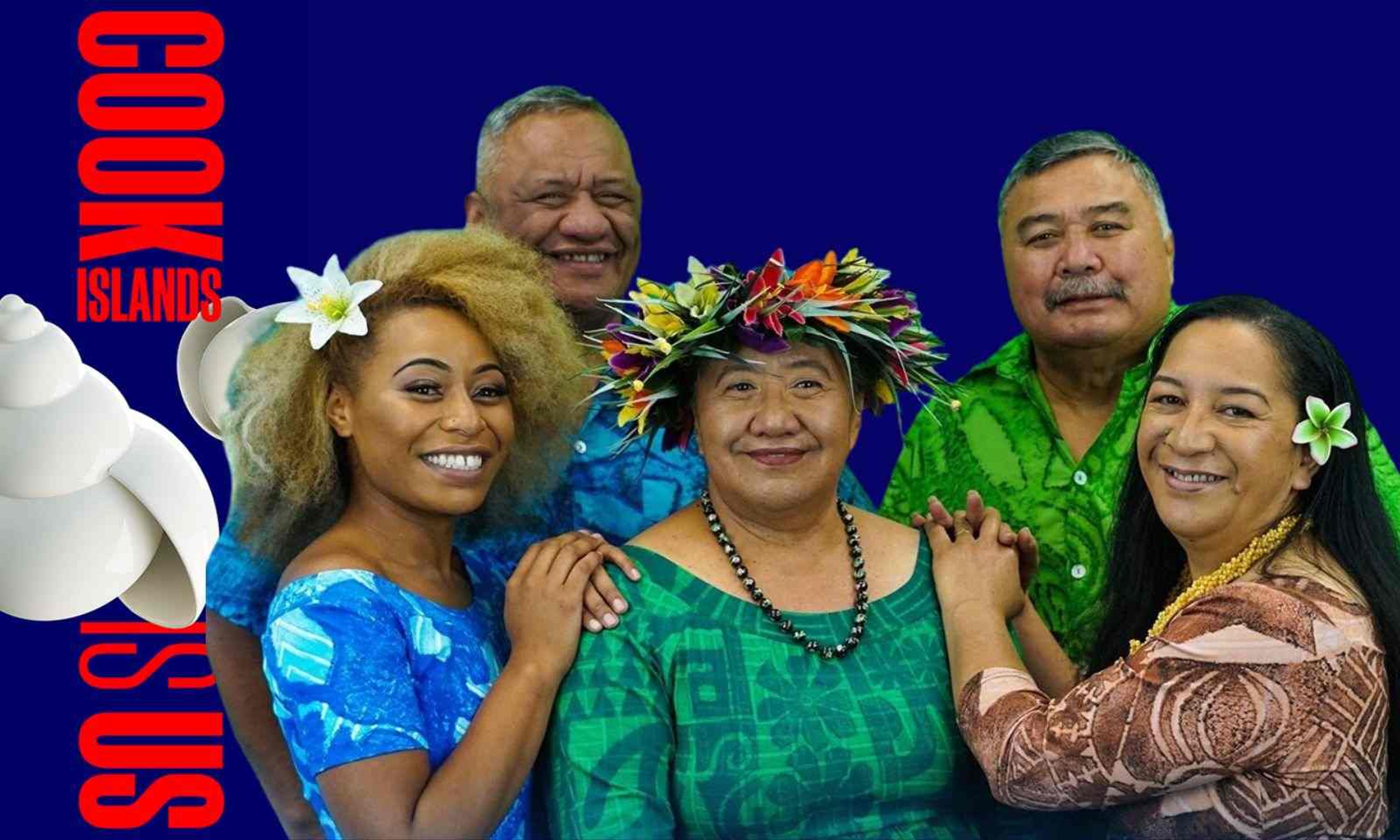

Fijian-Rotuman becomes first ever V8 Supercar driver of Pacific heritage




Fijian-Rotuman becomes first ever V8 Supercar driver of Pacific heritage
The emotional obligation to families is among the challenges Pacific homeowners face in achieving their goals, a social enterprise executive says.
Home Ownership Pathway founder Andrew Lavulavu said other challenges include a lack of knowledge about financial services and the processes associated with buying a house in New Zealand.
Discrimination by real estate agents, the cost of rates and council services, and maintenance were other unwanted difficulties faced by Pacific people.
“We can educate and promote the data, the facts, the how-to, all the kind of research but I think one of our biggest challenges, especially now, is this emotional obligation to our families,” Lavulavu told 531pi’s Pacific Mornings show on Wednesday.
“We have fa’alavelave and kavenga [cultural practice of donating money] - this emotional obligation to our families, you know, family over everything, is how we’ve always operated.
“When we look at Pākeha or Palagi or the Western model of devising a budget, there’s a little thing in there called tithing. That’s where we’re working with families, working with their budgets, and transacting into home ownership.”
Watch the full interview below:
Fa’alavelave and kavenga involve people contributing money to large occasions such as funerals, weddings, and significant birthdays.
“How do we manage, how can we be more clever about emergencies, fa’alavelave, and kavenga obligations when they do come up?
“One of the ways that I've been pushing and promoting with the families is that we can come together as aiga, whanau, as family and start pooling our resources. It's the elephant in the room, [but[ we're seeing more and more funerals now.”
New Zealand is home to more than 380,000 Pacific people with 63.9 per cent of them in Auckland, according to Stats NZ.
More than 70 per cent of Pacific households are renters, compared to 32 per cent of New Zealand households. And 21 per cent of Pacific households own their home, compared to 31 per cent of Māori and 60 per cent of Pākeha.
Home Ownership Pathway started in 2014 in Porirua, Wellington, and South Auckland, evolving into a social enterprise three years later.
“We are now based in Upper Queen Street at the corner of Cross St, and we have a Hop Cafe, our social enterprise arm out the front, which helps keep the lights on,” Lavulavu said.
“We help first-home buyers in the communities, predominantly Pasifika and Māori.”
The latest United Nations World Economic Situation and Prospects report revealed that high rental prices were likely to limit progress on curbing New Zealand's high inflation rate this year.
More than half of Pacific people live in homes with at least one housing problem (for example, cold, mould, dampness) compared with 32 per cent of the total population.
Pacific peoples were less likely to be living in housing with all basic amenities, at 86 per cent compared with 93 per cent of the total population, the UN said.
It said the economic situation in Aotearoa and other developed countries in Asia-Pacific faced “strong headwinds”.
Lavulavu said the “hamstring” that’s stopping Pasifika from getting ahead is “this go-to short-term debt, which we’ve got to eliminate and reduce altogether from our budgets”.
“That is one of the biggest challenges we face and the solution is right in front of us. When our parents came to Aotearoa in the 60s, 70s, and 80s, one of the things that, if you look around, we built churches. We came together, we pooled our resources, and we built these grandiose churches.
“And we can do the same to see us through home ownership and to navigate through these tough economic times. We're facing a lot of funerals and deaths in our families and how do we manage and transact through that without getting into more debt and going to the loan sharks?
“The way we can do that is we can start to go back to how our parents used to operate, which is pulling our resources together, putting away $100, $200 a week into a fund for that fa’alavelave, for that kavenga, for the funeral for that obligation that comes up.”
The Pacific Housing Strategy 2030 has four key areas that focus on demand, supply, and the housing system.
These priorities include building intergenerational Pacific wealth through homeownership, and affordable, quality, healthy, fit-for-purpose homes.
“The shared ownership, co-ownership have been designed to help us to transact and now we are seeing homes being built that are more suitable and conducive to how we live - four bedrooms, three or five, that kind of stuff,” Lavulavu said.
“There’s a journey to get to that stage. How to pull our resources, live together, and save enough for co-ownership or the next, you know, the siblings or as a family to transact into home ownership.
“If we start to pool our resources together as a family, as a whānau, you'd be very surprised at what you can achieve in terms of servicing debt. We're getting $180,000, $250,000, $300,000 coming into the house. Now we're looking attractive to the banks and mortgage lenders.”
How do we achieve that?
“We need to be smart about our expenses, eliminate our debts, our loans out of our stagnant positions, our financial positions, and start pooling our resources,” he said.
“If we set up a family fund and we all chip into that family fund, the banks love that. They'd love to see a savings history. Whether it's yourself, your sibling, or the other person who's going to go into the application with you. Banks want to see six months or 12 months history of savings. That’s one way we can go forward.
“We don’t need to worry about the OCR or interest rates at the moment, What we need to do is build a foundation to get to a stage where we can get approval. That’s where we’re lacking. 80 per cent of the families I work with are not even at an approval stage.
“Have we got enough deposit? Are we making enough income? What are our bank accounts looking like?
“With the cost of living high, how are we gonna reduce our spending? We go back to the basics - needs and wants - how we can manage our finances, have a savings account, bills account.
“Are we spending $200, $300 a week on takeaways? Can we make pre-made meals or shop at the markets? So this is the kind of education that we need to go back to. Keep it as simple and basic as possible.”
Is KiwiSaver proving useful for first-home buyers?
“KiwiSaver is recommended and a useful tool. It's a force-saving scheme. If you can get your employer to contribute as well, that's amazing. The government will contribute, and it's kind of free money.
“Some Pacific families have been in there for almost 10 years, so we're looking at figures of anywhere between 60, 70, 80, $90,000, $100,000.
“So get into KiwiSaver at the highest percentage contribution rate, and just stick at it. And the people that have been in there for 10 years now are seeing the real benefits, as opposed to putting it into a savings account and earning such a low return on interest.”
Lavulavu said he would like to see the next generation of Pasifika start thinking about home ownership early.
“As soon as you leave school or graduate from university and get a job, get your first pay cheque, don’t go and get a car loan or other small loans. It’s time to consolidate your position - start saving and start managing your finances including getting into KiwiSaver.”
